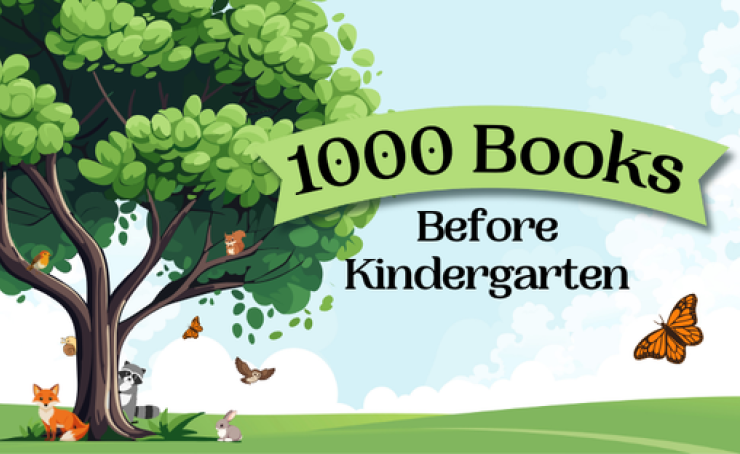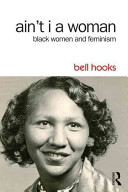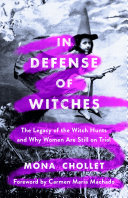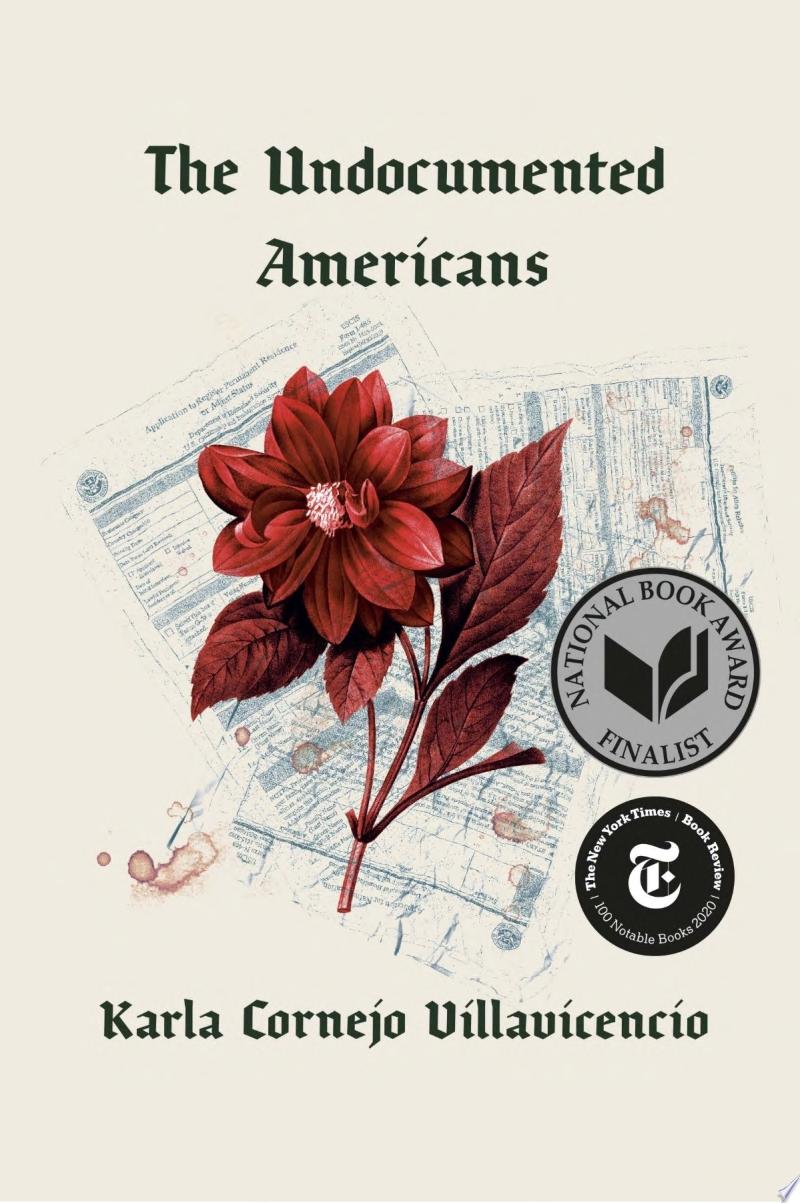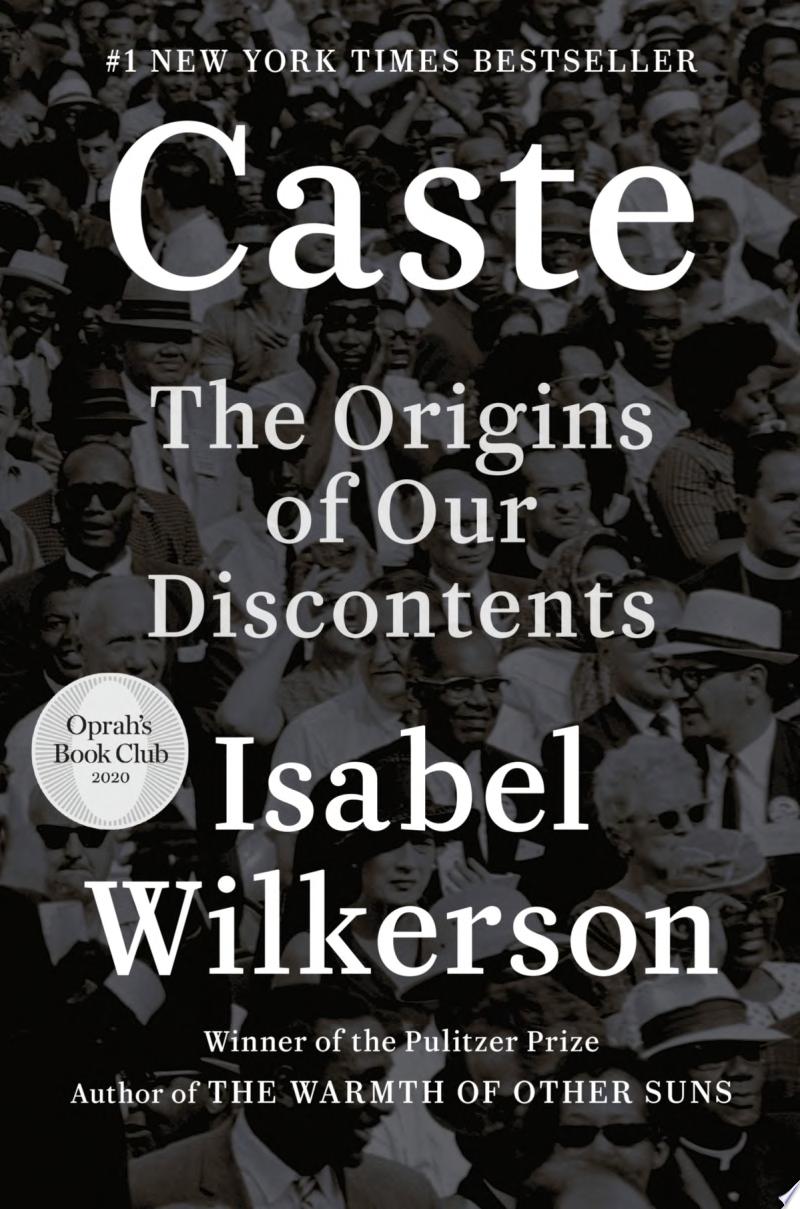Upcoming Events
This event is in the "Youth" group
Mar
5
2026
Thu
This event is in the "Adults" group
Mar
6
2026
Fri
This event is in the "Youth" group
Mar
7
2026
Sat
This event is in the "Youth" group
This event is in the "Teens" group
This event is in the "Adults" group
Mar
9
2026
Mon
This event is in the "Youth" group
Mar
9
2026
Mon
This event is in the "Adults" group
Mar
9
2026
Mon
Virtual Event
This event is in the "Teens" group
Mar
9
2026
Mon
Registration Required
Virtual Event
This event is in the "Youth" group
Mar
10
2026
Tue











